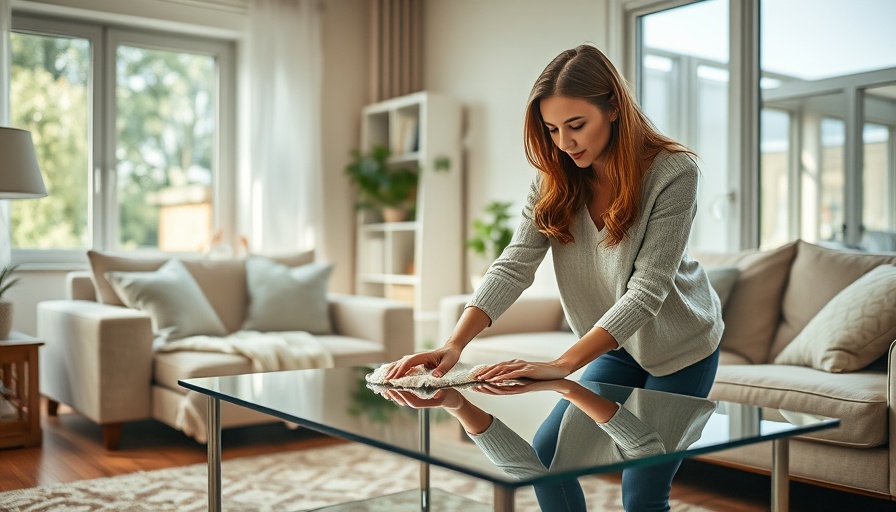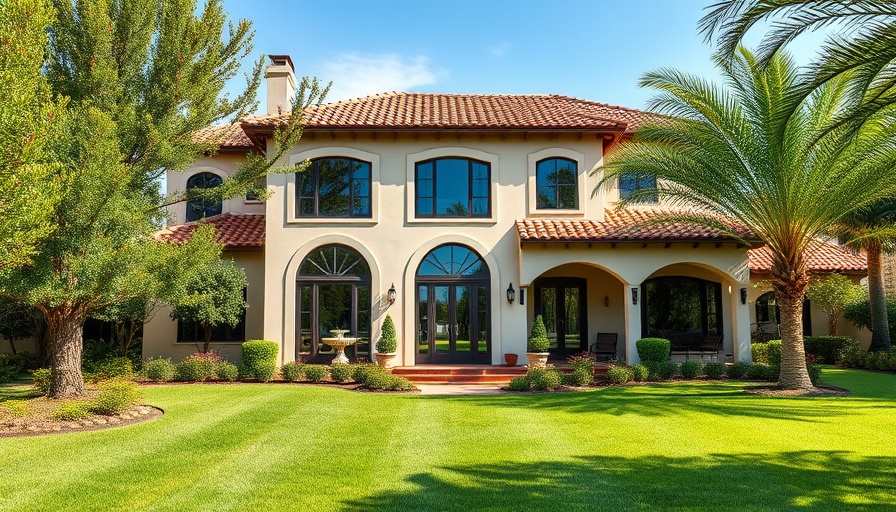
Why Rubbing Alcohol Isn’t Always the Best Choice
As you gear up for your next cleaning spree, you might reach for that trusty bottle of rubbing alcohol, but hold on! It’s important to know which surfaces to avoid treating with this ubiquitous cleaner.
Surfaces You Should Never Clean With Rubbing Alcohol
Here are nine surfaces where rubbing alcohol can actually do more harm than good:
- Colored Fabrics: Whether you have a favorite shirt or a plush throw, rubbing alcohol can strip the colors right out. Instead, opt for a gentle fabric cleaner that won't compromise their vibrant hues.
- Wood Furniture: The sheen and finish of wood furniture can be ruined by alcohol, leading to unsightly blemishes or a dull appearance. Use a pH-balanced wood cleaner instead.
- Washable Paint: If you’ve recently refreshed your walls, beware! Alcohol can remove paint as effectively as it cleans surfaces. Stick to soap and water for touch-ups.
- Silver or Gold Jewelry: Alcohol may tarnish your precious metals. Instead of rubbing alcohol, make a homemade solution using mild soap and warm water to keep your jewelry shining bright.
- Leather: While leather seems durable, alcohol can dry it out and lead to cracks. Use a conditioner specifically formulated for leather to keep it supple.
- Electronic Screens: Out of a desire to keep your gadgets sparkling, you might grab rubbing alcohol, but it can strip off protective coatings on screens. Microfiber cloths with a water-based cleaner are your best bet!
- Natural Stone: Marble and granite countertops can suffer from rubbing alcohol’s high acidity, ruining their polish. Stick to a gentle stone cleaner instead.
- Unsealed Grout: Rubbing alcohol can erode unsealed grout, making it discolored and weak. A paste of baking soda and water can clean it safely.
- Houseplants: Yes, even some houseplants can react negatively to rubbing alcohol. A gentle soap solution is the way to go for plant care.
Alternatives to Rubbing Alcohol
If you're planning to tackle dirt and grime, consider these friendly alternatives:
- A mixture of vinegar and water is a natural disinfectant and great for cleaning surfaces.
- Baking soda is perfect for scrubbing tough stains and deodorizing.
- Micellar water can serve as a gentle cleaner for your skin and surfaces.
Decisions You Can Make With This Information
Understanding what surfaces to avoid and what to use instead enables you to keep your home looking its best without the risk of damage. Make informed choices next time you clean!
Conclusion: Clean Smart, Not Hard
Cleaning doesn’t have to be daunting or damaging; knowing which products work best on specific surfaces can save both time and effort. So, next time you reach for that bottle of rubbing alcohol, think twice!
 Add Row
Add Row  Add
Add 



Write A Comment